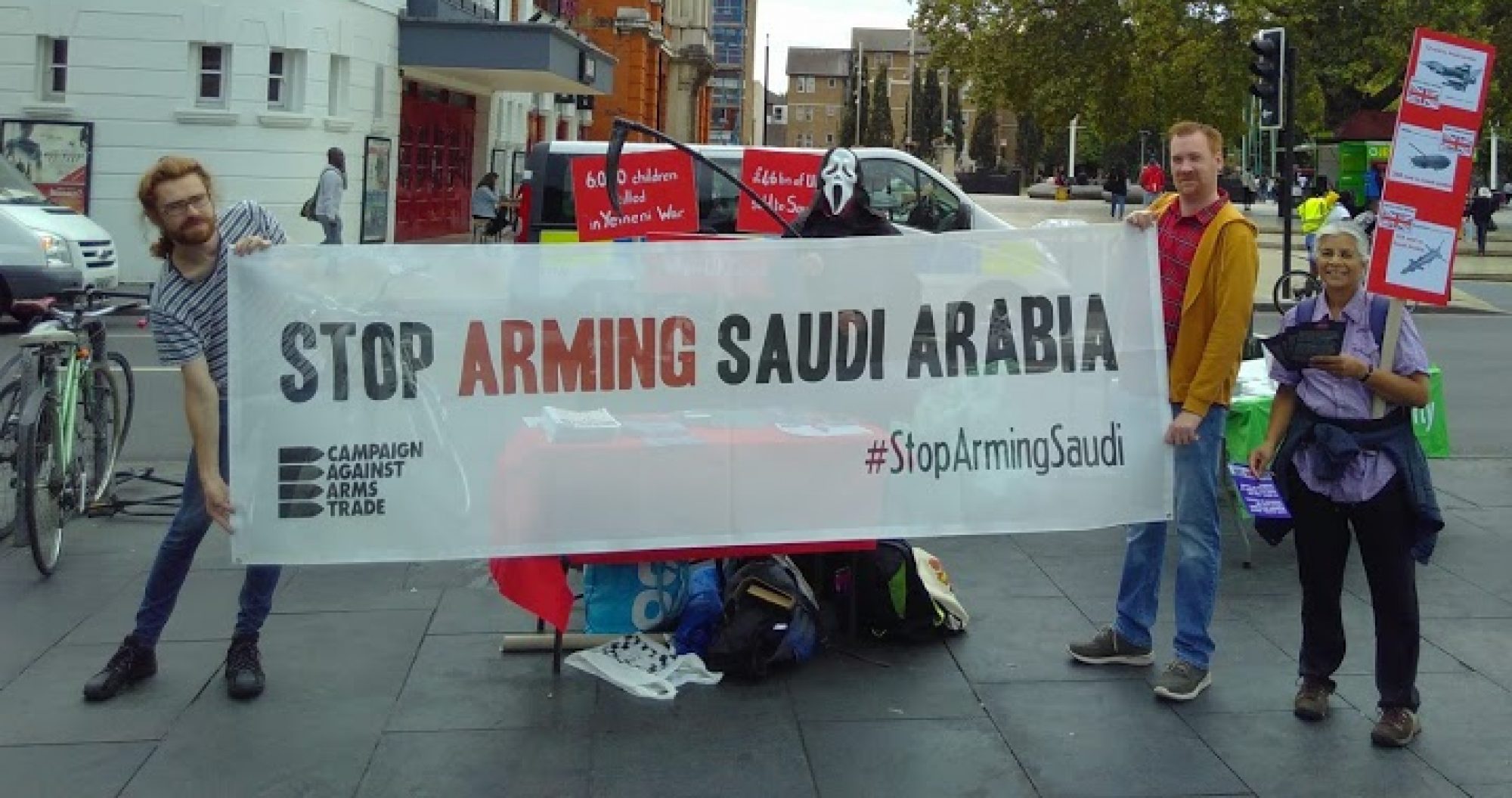From fires and hurricanes, to heat waves and flash floods, human-induced climate change has not only increased the number of weather-related disasters in the last 50 years, but has made them more severe. Weather-related fatalities and injuries continue to climb as the impacts of these disasters have reached $202 million in economic losses per day.
Extreme weather and natural disasters are not the only mechanism with which climate change and the burning of fossil fuels impact our communities. Food insecurity, water scarcity, infectious diseases, forced migration, and political conflict will only continue to cause devastating impacts. Militaries have already begun to position themselves as the only entities that can “fight” climate change, as if it is the next war they seek to embark on.
Yet, militaries represent a huge climate problem. According to Scientists for Global Responsibility, the world’s militaries are responsible for 5.5 percent of global greenhouse gas emissions. In fact, the Costs of War project reports that since the beginning of the war on terrorism, the U.S. military has emitted at least 1.2 billion metric tons of greenhouse gasses. More than 400 million metric tons of greenhouse gasses are directly due to war-related fuel consumption. Western militaries claim that they will reshape themselves into the ultimate climate action ally, but what does this mean in practice?
In this panel, the speakers will explore what researchers, policymakers, and activists are doing locally, regionally, and globally to address the role of militarization in the climate crisis. They will discuss what we can do to educate and mobilize other young people to join efforts!
Sponsored by The World Peace Foundation, and partially funded by the Carnegie Corporation of New York.
Register here.
Speakers:
Nico Edwards – YouthFusion2000 and Scientists for Global Responsibility
Raeesah Noor-Mahomed – Intersectional activist from Johannesburg, South Africa
Manal Shqair – Campaigns Coordinator, Stop the Wall
Ibrahim Muhammad – Climate justice activist, Arctic Basecamp Ambassador
Moderator(s):
B. Arneson – Research Coordinator, Corruption Tracker and Director of the Global Arms Trade and Corruption Program, World Peace Foundation
Alwande Khumalo – Social Media Campaigner/Programme Associate and South African Youth Representative in Amnesty International’s Global Youth Collective

